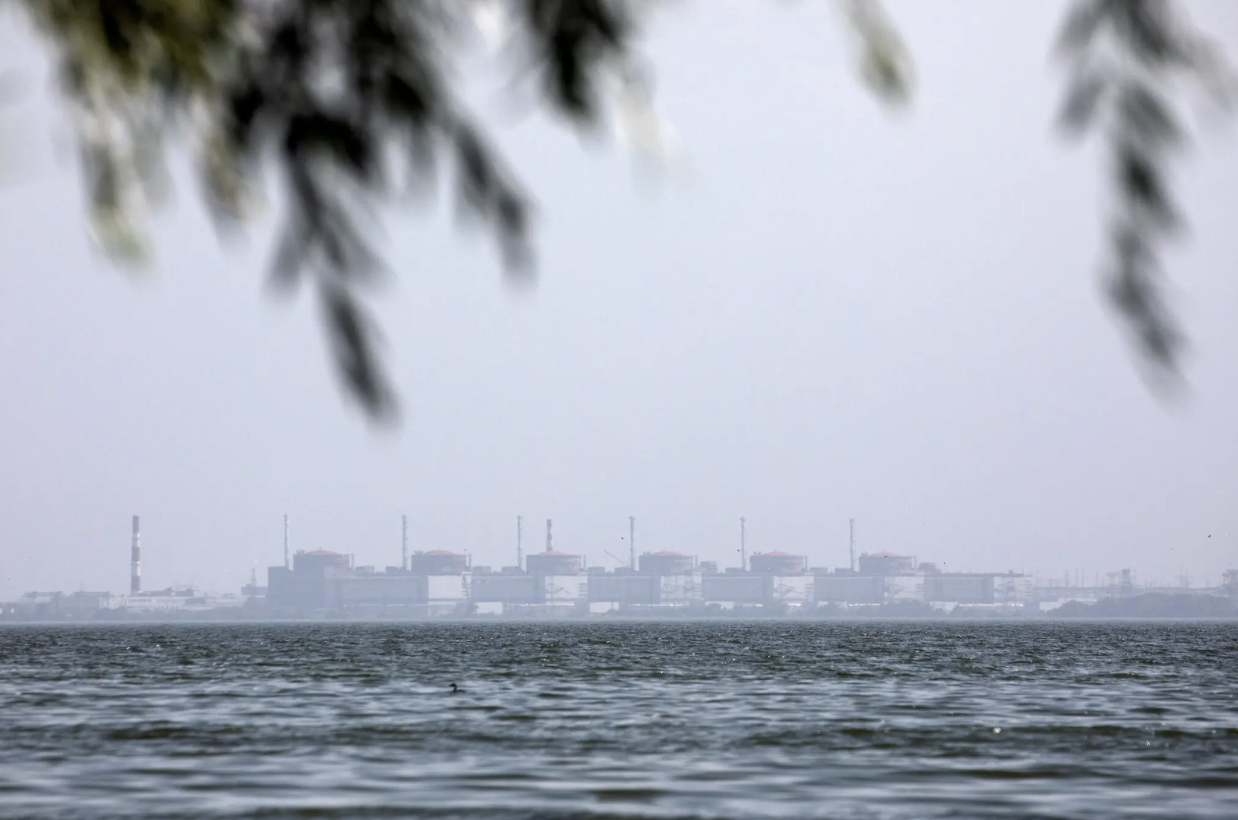EU Considers Renewed Nuclear Threats from Putin
Putin announced on state television in September a partial mobilization of military forces and threatened to use nuclear arms. Photo: Russia24/Provided by NBC
In a speech Friday, Russian president Vladimir Putin announced the annexation of four Ukrainian regions after a series of controversial referendums last week. He referred to the West, a pillar of support for Ukraine’s defense, as the primary antagonist to peace and freedom in the region, calling European and American leaders Kyiv’s “real masters.”
Putin also warned against Ukrainian attempts to repatriate Luhansk, Donetsk, Zaporizhzhia, and Kherson: “We will defend our land with all the powers and means at our disposal.” The leader also mentioned potential future use of nuclear weapons, a precedent already set by the United States.
The speech Friday was not the first nuclear threat made by Russia—last month, Putin claimed that such statements were “not a bluff” in a nationally-televised address. Tensions between Russia and the West increased in recent weeks, as Russia’s casualties and territorial losses reached new heights.
Josep Borrell, the European Union’s High Representative for Foreign Affairs and Security Policy, said in an interview with the BBC that the nuclear rhetoric coming from Moscow must not be taken lightly. Russian nuclear forces have been on high alert since shortly after the “special military operation” began in February. But now, as Ukrainian forces reclaimed key cities such as Kharkiv and Lyman, the use of nuclear measures by a retreating Russia seems more possible than ever. Borrell expressed this, saying “it's a dangerous moment because the Russian army has been pushed into a corner, and Putin's reaction—threatening using nuclear arms—it's very bad.”
While such threats are taken seriously, Western decision-makers are not succumbing to appeasement. After Putin ordered a partial mobilization of Russia’s military reserves and amid escalating tensions, EU leaders reaffirmed their stance in support of Ukraine and urged citizens to remain calm. Dutch prime minister Mark Rutte claimed that Putin’s increased nuclear rhetoric is “all a sign of panic” over his military’s lackluster progress in the war, and that it “is something that we have heard many times before, and it leaves us cold.” The European Council president Charles Michel stated that despite the threats the EU’s support of Ukraine “will remain steadfast.”
A nuclear power plant in Zaporizhzhia, a Ukrainian region annexed by Russia in August. Photo: NYT/David Guttenfelder
Recently, the European Council expressed their support for Ukraine against Russia by strongly opposing the referendums and subsequent annexation of the four regions in eastern Ukraine. In a joint statement Friday, members of the European Council rejected and “unequivocally [condemned] the illegal annexation.” Referencing the nuclear threats, mobilization, and annexation, they said: “Purporting that the war may now be taking place on Russia's territory will not shake our resolve.”
Practical measures include a new series of sanctions that the EU and the United States are preparing to adopt against Russia. Possible additions include a price cap on Russian oil, cutting off more banks from the SWIFT system, and an embargo on diamonds that would cut Russia’s 2021 export numbers nearly in half. The new sanctions seek both to tighten the noose around the Russian economy and end the exploitation of loopholes left from previous measures.
For now, it seems that while Russia’s nuclear rhetoric grows, the actual threat is seen as not a cause for immediate alarm, but as evidence that Putin’s options are dwindling. Western leaders remain firm in what they have already been doing: focusing on strongly backing Ukraine against the invasion.


